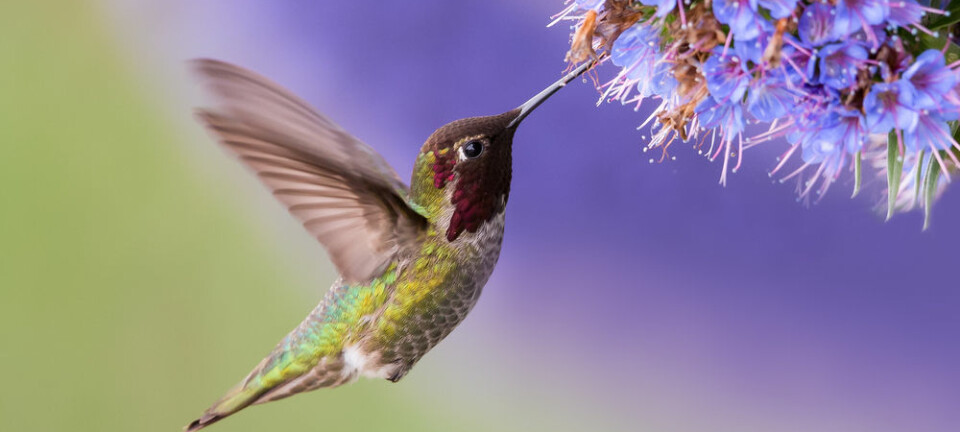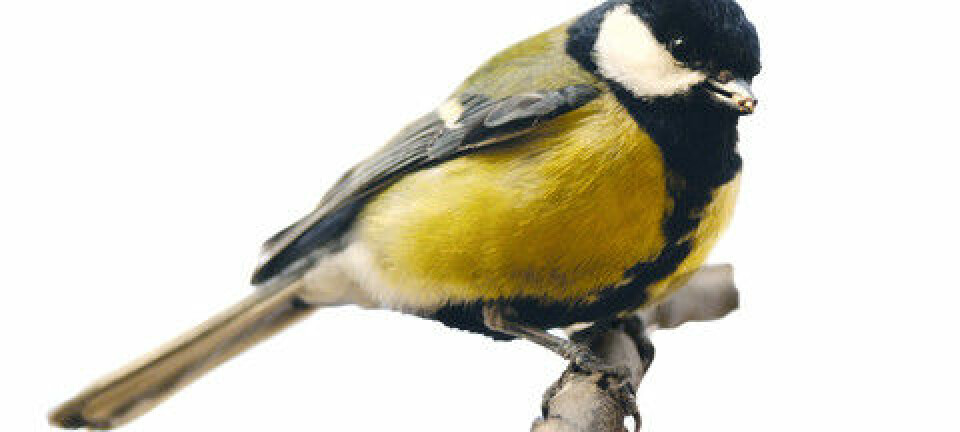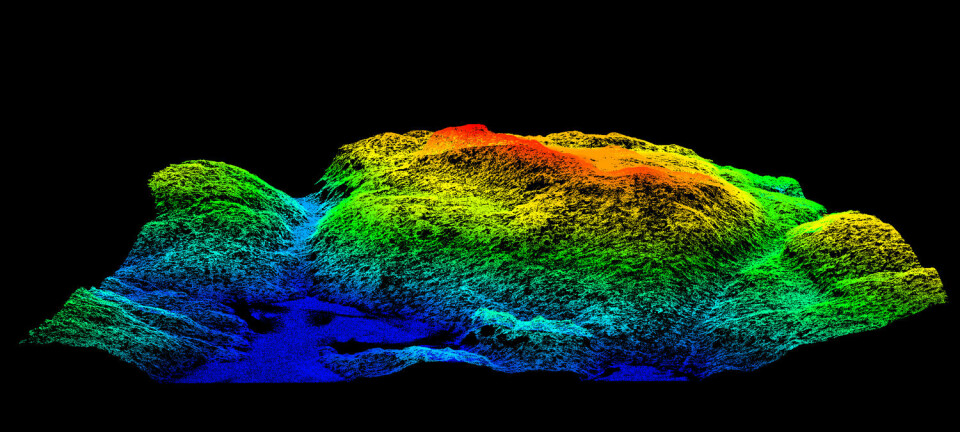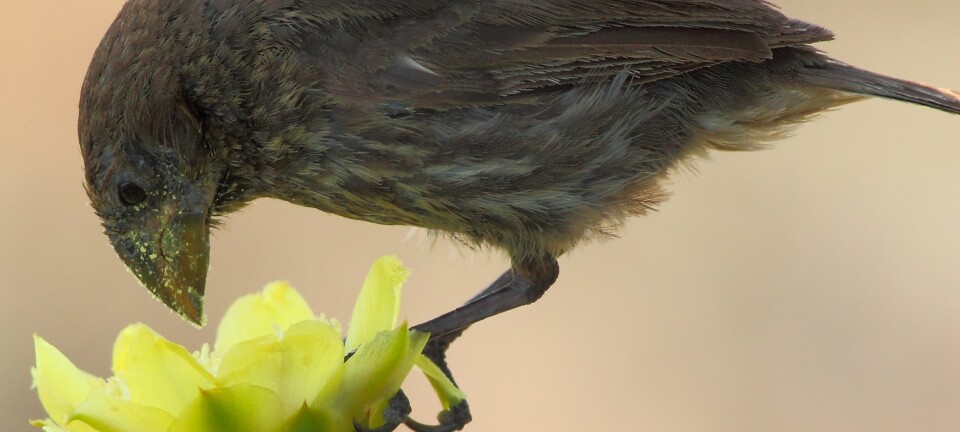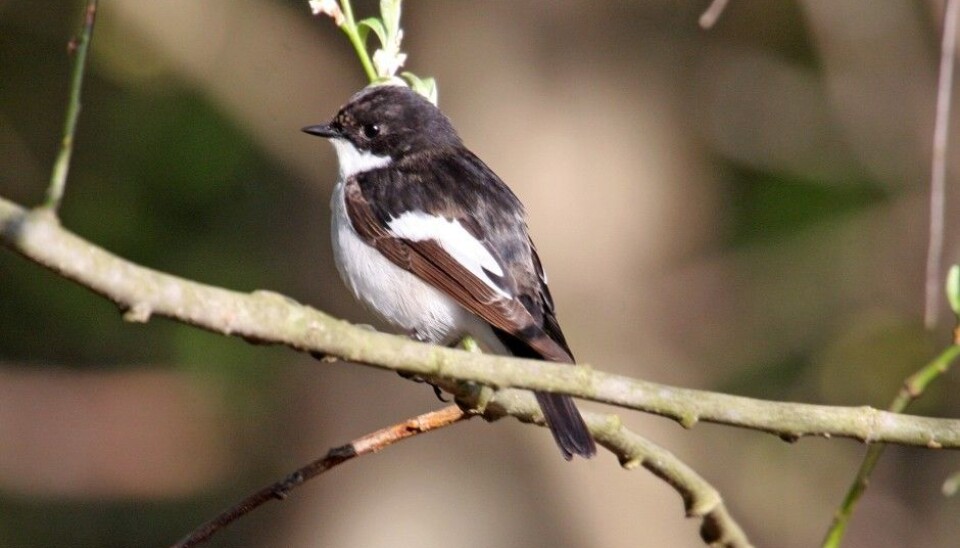
Birdsong is genetically coded
Nature or nurture? Until now, ornithologists assumed that birds passed on their unique songs predominantly via social learning. But a new Swedish study shows that genetics may be a bigger factor.
Their genes enable birds to recognise – and learn – the musical call of their own species; conclude a group of researchers from Uppsala University.
The researchers appear to have found conclusive evidence in the mystery of songbird preference for the melodies of their species.
Their study, which was recently published in Nature Ecology & Evolution, shows that rather than social learning it must be their genes that make songbirds call in a particular way.
Sex and choice of partners
“The difference in songs between different species is vital to the birds’ sexual selection,” says Behavioural Ecologist David Wheatcroft to ScienceNordic’s
Swedish partner forskning.se. Birds also use their songs in other social relationships.
Many scientists who research birds have believed that juveniles learn the songs of their species by listening to their mothers, fathers and others.
If they are thus open to such social influence the critical question which arises then is why the juveniles are not more influenced than they are by the songs of other species?
Ornithologists have been pondering that question for decades.
Three experiments
The researchers at Uppsala University ran three experiments with flycatchers.
In the first experiment they found that 10-day-old flycatchers begged more for food if they heard the song of their own species. As fledglings they could hear the difference.
In the next experiment the young flycatchers were found to react to their own species’ song even though they had been raised by another species of bird.
In the third experiment the scientists studied birds that were hybrids between pied and collared flycatchers. They found that these fledglings always preferred the pied flycatcher song even though the mother in the nest was a collared flycatcher.
All in all, the researchers at Uppsala conclude that these experiments clearly point in the direction of birdsong discrimination having a largely genetic component.
Exciting study
“This is a brilliant study,” says Professor Trond Amundsen, a specialist in animal behaviour at the Norwegian University of Science and Technology in Trondheim.
“Earlier studies have shown that when a flycatcher grows up in the nest of the Eurasian blue tit, the juvenile adopts a song that is influenced by the blue tit but also by its genetic flycatcher origin. We know that learning is an important component of birdsong. ”
Amundsen says that this new Swedish study has taken research a step further.
He stresses two aspects that intrigue him:
“The Swedish researchers have shown us how important birdsong is for birds at a very young age. Two-week old flycatchers can discriminate. If they hear the song of their own species they start begging for food. It seems as if they have built-in knowledge about how their species sings. The Uppsala scientists point out that this can be due to neural differences, perhaps differences in brains that are genetically coded.”
“The second elegant aspect of their work was the crossing of two species of flycatchers. These species are so closely related that they can mate and have offspring. The hybrids responded to song in a different way than the pure species juveniles did. The study shows that genetics is vital in birdsong – perhaps more important than we previously believed.”
Trond Amundsen agrees with the Uppsala researchers when they conclude that genes appear to play a decisive role in the distinctive songs of birds. But neither he nor the Uppsala scientists think genes need to be the only factors involved.
“It is never that way. Genes and the environment raised in always play roles,” says Amundsen.
------------------------------------
Read the Norwegian version of this article at forskning.no
Translated by: Glenn Ostling
